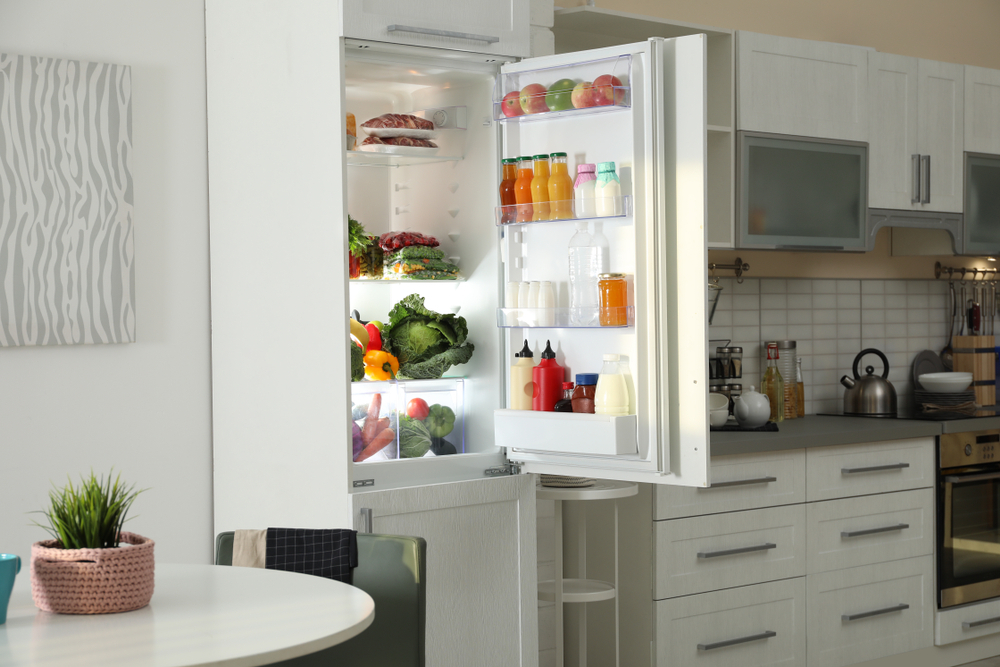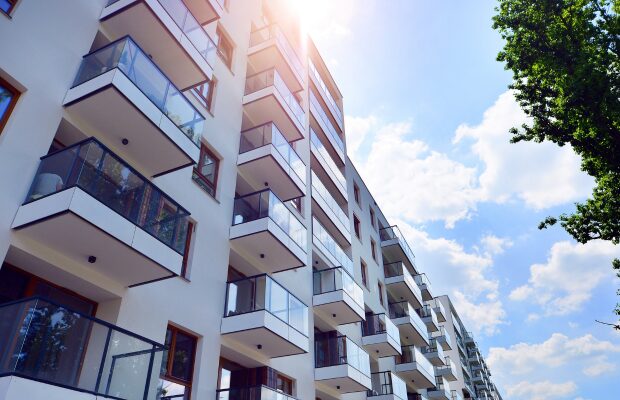You’ve probably heard the term ‘white goods’ when it comes to property.
But what are they and who is responsible for them in a rental property?
Here, we’ll explain what white goods are and answer all your questions about them when it comes to renting a property…
What are white goods?
White goods are large household items that use gas or electricity could be considered essential, including:
• Dishwasher
• Washing machine
• Dryer
• Freezer
• Fridge
Because traditionally these items were made with a white enamel coating, they were given the name ‘white goods’ – even though most of them can now be purchased in other colours or stainless steel!
A hob and oven would also fall under the ‘white goods’ category, but these must be provided by landlords by law.
Are white goods a landlord’s responsibility?
Legally, if landlords supply white goods with their rental property, they’re obligated to ensure all appliances are in good working order as part of contract law.
Under the Landlord and Tenant Act 1985, meanwhile, landlords are responsible for:
• Maintaining and repairing the structure of the property, including drains, gutters and external pipework
• Maintaining and repairing gas, water, electric and sanitation supplies, including basins, sinks, baths and toilets, but not other fixtures that use these services
• Maintaining and repairing heating systems
Landlords are also responsible for ensuring hobs and ovens are kept in good working order, although this doesn’t fall under the obligations outlined in the Landlord & Tenant Act 1985.
The Housing Health and Safety Rating System (HHSRS) and the Homes (Fitness for Human Habitation) Act 2018 also stipulates that tenants must have the means to prepare food safely.
Any electrical white goods supplied by a landlord must be safe and those that use the gas supply are subject to the gas safety inspection all landlords must legally have carried out every 12 months.
Who is responsible for repairing white goods?
A landlord is legally responsible for the repairs or replacement of electrical white goods supplied with their rental property as part of contract law, and this should always be made clear as part of an Assured Shorthold Tenancy agreement (AST).
Extended warranties are also a great way for landlords to protect themselves against costs associated with replacing white goods if they break down.
For landlords using a managing agent, it’s important to provide them with details of any warranties so they don’t instruct contractors unnecessarily.
It is also advised that landlords provide tenants with an operating manual for each appliance so they know how to use them properly and to avoid any claims being rejected as a result of misuse.
Does a landlord have to provide white goods?
Where a property is specifically advertised as unfurnished, Landlords aren’t obligated to provide white goods when renting out their properties but must provide the necessary connections for a tenant to install appliances including cooking facilities. Where appliances are included, the landlord is required to keep them in good working order.
However, the majority of rental properties are let with white goods in place, even if they’re advertised as ‘unfurnished’.
Providing a property to rent with no white goods could appeal to tenants who are moving from a home they owned and wish to bring their own appliances with them.
However, other tenants could be put off by a property that comes with no white goods, so for broad appeal, it’s usually best for landlords to supply them.
Moreover, allowing tenants to bring in their own white goods could potentially cause damage to the property through moving and badly fitted appliances, so landlords should also consider this.
What white goods should a landlord provide?
Landlords providing white goods in their rental properties should include what might be considered ‘basic amenities’ like a fridge, freezer and washing machine.
By law, landlords must supply a hob and oven, so tenants are able to prepare hot food.
Landlords could also provide a dishwasher, although tenants often already own smaller items like microwaves.
Tips for landlords buying white goods
When it comes to white goods, the cheapest option is not always the most cost-effective in the long run.
So, for landlords, deciding what to buy and what to spend on white goods for a rental property is a big decision.
Here are some the key things you’ll need to consider…
1. Do your research
All investments in rental properties are decisions of cost against quality.
A cheap fridge, for instance, is a smaller up-front cost, but it may need replacing sooner than a more expensive option.
For advice on white goods to purchase for your rental property, speak to your local agent, whose experience of the rental market can help you make those key decisions.
2. Think about your tenants’ needs
Always think about the needs of your tenants when it comes to white goods.
For example, a single professional renting a one-bedroom flat will have very different requirements to a family of four when it comes to items like fridge-freezers.
If a smaller appliance is big enough for the kind of tenants you’re looking to attract, don’t spend big on large versions.
But if your rental property is a bigger family home, you could be best off buying the largest appliance you can get away with in the space you have.
3. Warranties and white goods insurance
As part of your landlord insurance policy, consider taking out white goods cover if it’s not already included.
This can provide vital peace of mind when it comes to expensive replacements for items that aren’t covered by a warranty.
You could also consider taking out extended warranties on more expensive appliances, again giving you peace of mind that should they break down, you’ll be able to replace them with no huge costs.




